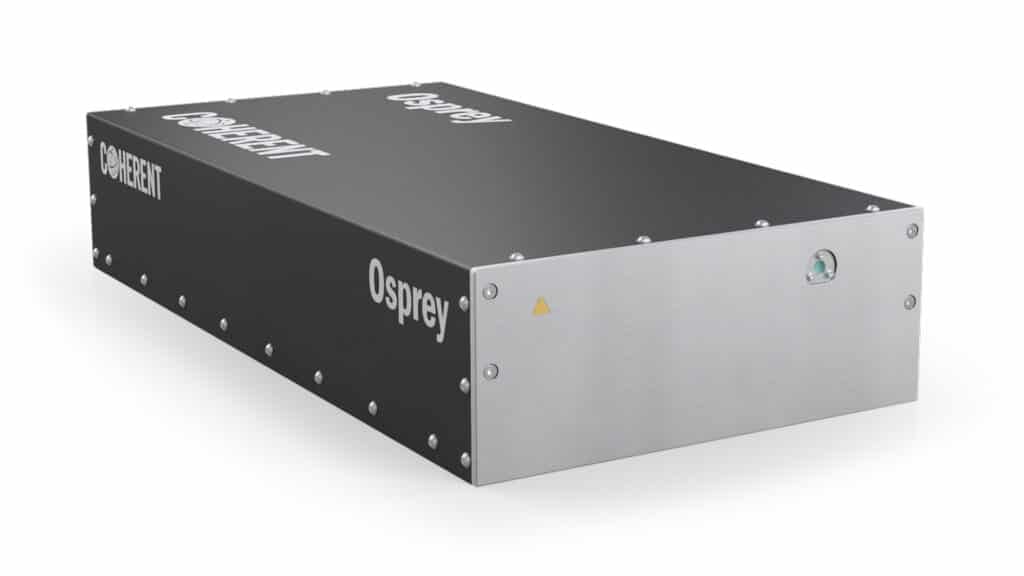The News: IBM launched the latest variant of the LinuxONE Express earlier this week. For details, check out the press release on the IBM website.
Enhancing Data Availability and Security with IBM LinuxONE 4 Express
Analyst Take: In the rapidly evolving landscape of cloud computing and data management, businesses are increasingly confronted with security, availability, and the complexities of managing hybrid cloud environments. Amidst this backdrop, cloud repatriation—moving workloads from the cloud back to on-premises data centers—and the growing importance of data sovereignty have gained traction. These shifts reflect a broader reassessment of cloud strategies by organizations striving to balance cost, performance, security, and regulatory compliance. IBM’s recent announcement of the LinuxONE 4 Express represents a significant development in this context, offering a solution that addresses these challenges while supporting the burgeoning demand for secure and efficient data processing and storage solutions.
Market Context: Navigating the Cloud Landscape
As enterprises accelerate their digital transformation journeys, they often navigate a maze of security vulnerabilities and availability concerns. The allure of the cloud’s scalability and flexibility is occasionally overshadowed by the complexities of managing multi-cloud environments, leading to inefficiencies and increased risks. Moreover, compliance with data sovereignty laws compels businesses to reassess their cloud deployments, ensuring data is stored and processed within specific geographical boundaries. This backdrop of cloud repatriation and data sovereignty highlights the critical need for solutions that offer the security, availability, and regulatory compliance enterprises demand.
What Was Announced: The LinuxONE 4 Express
IBM’s announcement of the LinuxONE 4 Express marks a pivotal moment for small and medium-sized businesses (SMBs) and new data center environments. This pre-configured rack mount system brings together the latest advancements in performance, security, and AI capabilities inherent in the LinuxONE platform, tailored to meet the needs of SMBs. The system’s design aims to offer cost savings and eliminate the guesswork involved in quickly deploying workloads. It is ideal for various use cases, from digital assets to medical imaging with AI and workload consolidation.
The LinuxONE 4 Express is poised to play a crucial role in the digital asset custody space, particularly for Bitcoin, which has seen wider acceptance with the recent SEC approval of 11 Bitcoin spot ETFs. This development underscores the growing need for secure and efficient platforms capable of handling digital asset transactions and storage. With its robust security features, including IBM Secure Execution for Linux, the LinuxONE 4 Express offers a secured platform with confidential computing capabilities, making it an optimal choice for digital asset custody and other sensitive applications.
The system’s AI capabilities are powered by the IBM Telum processor, specifically the 4.6Ghz variant, which enables on-chip AI inferencing, reducing latency and enhancing performance for in-transaction processing. This feature is particularly beneficial for use cases like medical imaging with AI, where rapid analysis of large volumes of data is crucial. Furthermore, the LinuxONE 4 Express’s ability to consolidate workloads allows businesses to streamline their IT operations, achieve cost savings, and improve overall efficiency.
Looking Ahead
LinuxONE has emerged as a crown jewel within IBM’s portfolio, showcasing significant annual growth that sets it apart as one of its most dynamic offerings. This growth trajectory underscores its importance within the Infrastructure Business Unit, highlighting LinuxONE as a pivotal component of IBM’s strategic direction as it looks to be the partner of choice for hybrid cloud infrastructures. The platform’s unique combination of market-leading availability, security, scalability, and performance attributes contributes to its rapidly expanding footprint, affirming its status as a key driver of IBM’s infrastructure-related success.
As we look to the future, the LinuxONE 4 Express is set to play a significant role in the evolving hybrid cloud landscape. The transition of Linux to support more mission-critical workloads underscores the platform’s growing importance in the enterprise IT ecosystem. IBM’s strategy to extend LinuxONE’s capabilities to SMBs and new market segments through the LinuxONE 4 Express initiative reflects a broader trend toward more integrated, secure, and efficient hybrid cloud solutions. You can’t ignore that IBM is transparent about the entry-level solution’s starting cost of $135k. The significance of IBM putting a price on its largest servers is not lost on me.
The LinuxONE platform’s emphasis on security, high availability, and scalability positions it as a cornerstone for enterprises navigating the complexities of digital transformation. As businesses continue to grapple with the demands of data sovereignty, regulatory compliance, and the need for robust security measures, solutions like the LinuxONE 4 Express offer a compelling proposition. By providing a platform that supports a wide range of workloads, from AI-driven applications to digital asset management, IBM is catering to the current and future needs of the market.
In conclusion, IBM’s introduction of the LinuxONE 4 Express is a timely response to the evolving market demands. As organizations seek to balance the benefits of cloud computing with the imperatives of security, regulatory compliance, and operational efficiency, the LinuxONE platform stands out as a solution that bridges these requirements. Looking ahead, the role of LinuxONE in the wider hybrid cloud landscape is poised to grow as it continues to enable businesses to deploy mission-critical workloads with confidence and agility. IBM has a crown jewel in LinuxONE as it represents one of the few products in the IBM portfolio growing significantly yearly.
Disclosure: The Futurum Group is a research and advisory firm that engages or has engaged in research, analysis, and advisory services with many technology companies, including those mentioned in this article. The author does not hold any equity positions with any company mentioned in this article.
Analysis and opinions expressed herein are specific to the analyst individually and data and other information that might have been provided for validation, not those of The Futurum Group as a whole.
Other Insights from The Futurum Group:
LinuxONE – The Penguins Are Back
IBM’s LinuxONE Goes Mainstream With the Launch of the LinuxONE Rockhopper 4 System
IBM Grew Revenue in All Segments in Q4 2023
Author Information
Steven engages with the world’s largest technology brands to explore new operating models and how they drive innovation and competitive edge.





